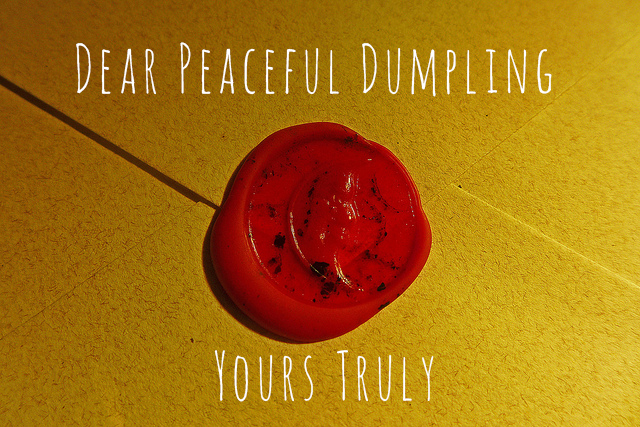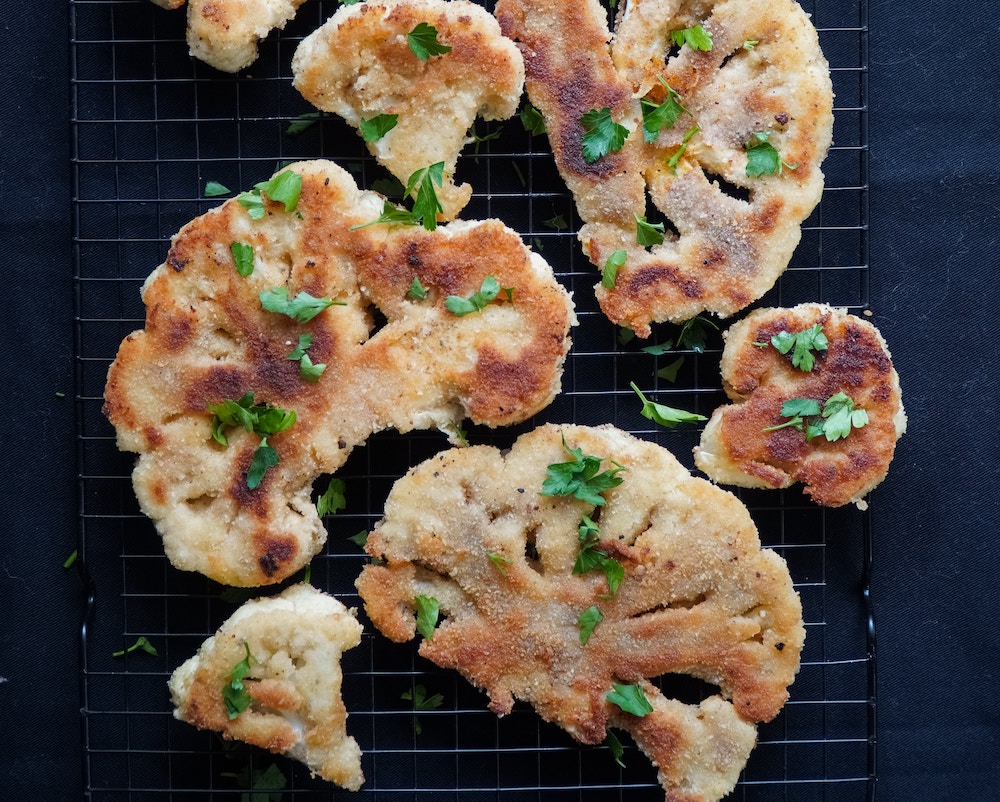How have you been able to stay vegan for 10 years and get adequate nutrients? I had been vegan for two years and have recently been having health and energy issues; due to this, I have had to periodically eat meat. It has not made me happy! I have actually cried while eating it. I have done a lot of research on vegan nutrition, but due to the massive amounts of information on vegan nutrition it has become overwhelming for me (information overload). Are there any resources that you would be willing to share that can help me (resources that are informative on nutrients, needed amounts, and nutrient sources)? Thank you for taking the time to read my message and have a wonderful day.
-J
Great question J! Thanks for reaching out as this is something I have personally gone through when I first became vegan. Quick confession, I use to eat nothing but sweet potatoes with coconut oil and salt for the longest time. This was due to overwhelming information and not knowing what my body needed on a plant-based diet. Now, I know a lot more than ever expected and I am happy share the common nutrient deficiencies that are directly associated with low energy levels. Below also includes additional food items to add to your daily routine to boost your energy levels!
To start, B12 should be a supplement in every vegans medicine cabinet! Why is B12 always mentioned? B12 has a significant role in metabolism within every cell in the body. B12 plays a role in DNA synthesis, nerve myelination and red blood cell formation to name a few. B12 is kind of a big deal! Myth buster: I know some vegans who rave about never taking a vitamin B12 supplement. Our bodies can typically last 3-5 years before our body is completely depleted of B12. Some individuals experience depletion faster which can manifest as fatigue. A B12 supplement is a fast way to increase B12 in the body specifically in the form of Cyanocobalamin. Since the body stores B12, you won’t need to take a supplement every day once levels are monitored and under control. The goal is to take a supplement every other day or a B12 shot every week under a healthcare supervision. Supplementation will vary among everyone and I advise reaching out for more individualized recommendations as this vary from person to person.
B12 food sources include: Spirulina, Nori, Nutritional yeast.
Moving forward, Iodine is often left out of the conversation but is essential for the thyroid for thyroid hormone production which provides energy all over the body. Iodine is rarely a deficiency in the US but if you are eating a plant-based diet with no idoine-fortified foods, or iodine-rich foods, iodine is something you could be missing. My recommendation is to add iodized salt to the pantry and sprinkle here and there on some dishes for adequate intake. Not much is required, so sprinkle lightly. Iodine can reduce the enzyme that is required for optimal thyroid production. so if you are someone with signs of autoimmune thyroid disease you should be cautious of high iodine intake.
Other sources of Iodine include: Kelp, plants grown on iodine rich soil.
My personal favorite for causing low energy and is always on my radar is Iron. Iron is very, very, very important for energy!
Nutrition Nugget: Did you know only 5-35% of the iron we consume is actually absorbed!
Crazy, I know! On a plant-based diet we are consuming the non-heme iron which does not absorb as well as heme iron found in animal flesh. There is no need to go back to eating animals as this can be resolved through the bountiful sources of iron-rich foods below. As far as supplementation goes, I recommend seeking out professional help as supplementation should be based on lab values. If you do plan to have blood work, make sure to ask for your iron stores, ferritin, to be measured. This level is a true indicator of iron levels and indicates if there is a need of iron supplementation. The same holds true for Iron much like B-12 supplementation. Iron supplementation is not necessary on a regular basis as you should strive to include as many iron-rich foods in your diet. For my ladies, please do not take iron levels lightly. We lose blood monthly, therefore our chances of low iron levels are drastically changing. In the meantime, include the array of food below to amp up that energy asap!
Nutrition Nugget: Add an acid such as a lemon or apple cider vinegar to your greens to increase absorption of non-heme iron!
Sources: Beans, soy (please buy organic), lentils, greens (spinach, kale, dandelion greens and parsley), broccoli, almonds, kelp, millet, seeds (pumpkin, sunflower and tahini), and black molasses.
Make sure to check-in within yourself and listen to your body’s needs. You know you best. Best wishes in on your health journey. Always here to provide support!
-Katherine Losoya, MS in Nutrition
Related: What Diet Do You Recommend for Gout?
What to Eat to Combat Hypothyroidism
See more reader questions on Ask Peaceful Dumpling
Ask Peaceful Dumpling questions about life, love, health, veganism, career, wellness, and more–just use the Contact form!





